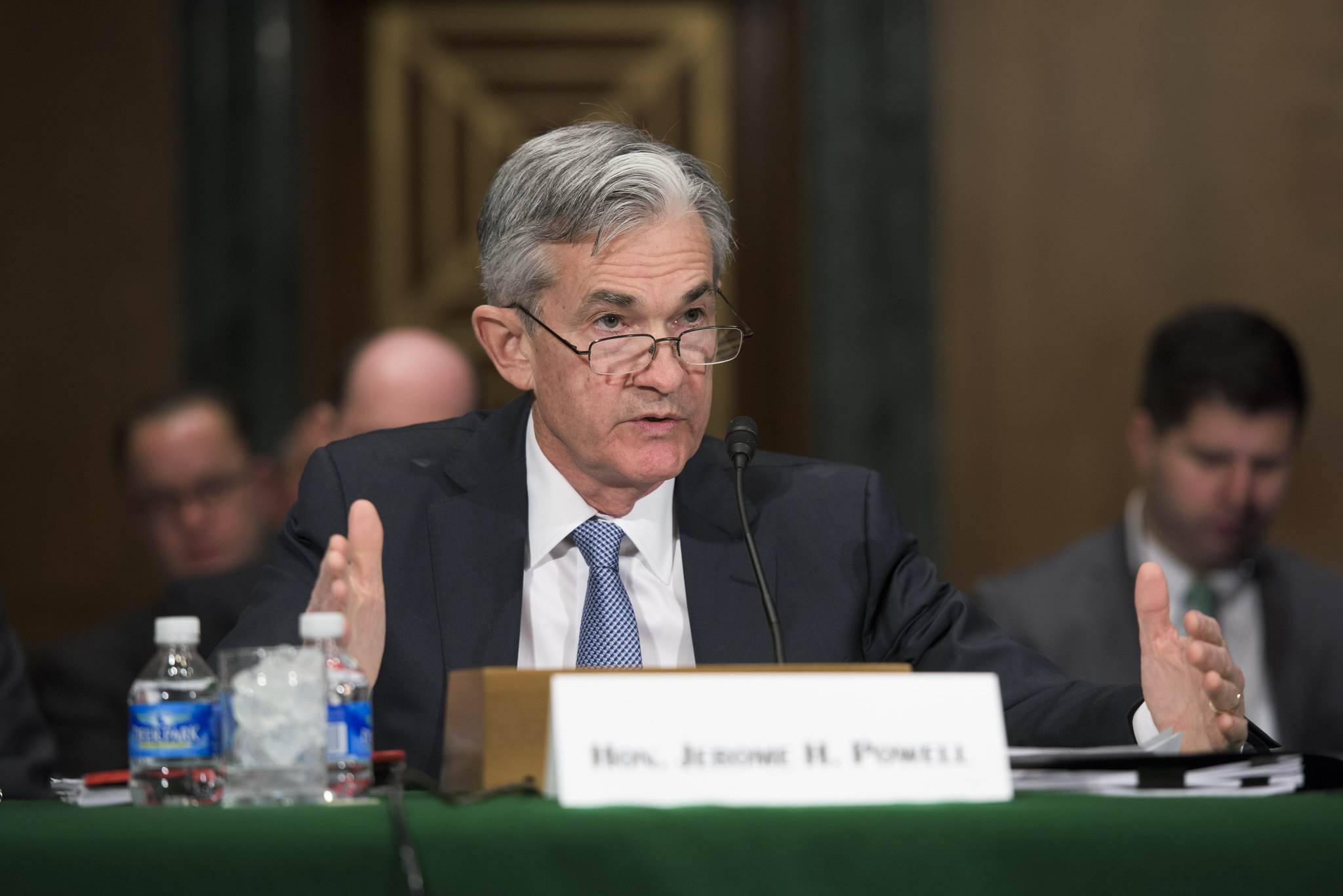 The first meeting for the Federal Reserve in 2020 will conclude later today, giving traders a chance to focus on the Fed’s comments rather than the coronavirus that has dominated both market movements and the news for the past several days. The Fed is largely expected to keep interest rates stable through at least September 2020, unless there is a sudden spike in the inflation rate, which hasn’t happened yet.
The first meeting for the Federal Reserve in 2020 will conclude later today, giving traders a chance to focus on the Fed’s comments rather than the coronavirus that has dominated both market movements and the news for the past several days. The Fed is largely expected to keep interest rates stable through at least September 2020, unless there is a sudden spike in the inflation rate, which hasn’t happened yet.
Still, even if the Fed keeps rates stable, there will be some interesting things for traders to learn from their tone and the content of their comments. For starters, traders will be interested in hearing whether the coronavirus will play an impact in the bank’s fiscal planning or policy. U.S. stocks have already been impacted by the virus, but the full impact of the virus on the U.S. economy has yet to be seen. Traders will also be looking for hints to how much the Fed will expand its balance sheet. Finally, traders will be looking for comments related to the Fed’s repo efforts that have been pumping liquidity into the markets for the past few months.
Market Movements
Wall Street snapped its recent downturn on Tuesday, with all three benchmarks closing higher. The NASDAQ lead the charge, closing up 1.43 percent, and the S&P 500 closed up 1.01 percent. The Dow Jones Industrial Average ended 0.66 percent higher. Asian markets were mostly higher on Wednesday after days of steep losses thanks to fears about how the coronavirus would impact the markets.
Japan’s Nikkei 225 was up 0.71 percent as of 2:43 p.m. HK/SIN, and South Korea’s Kospi was up 0.52 percent. Australia’s ASX 200 gained 0.53 percent. Hong Kong’s Hang Seng Index slumped 2.76 percent after making modest gains in the past few sessions. China’s stock markets are closed for the Lunar New Year, and it was recently announced that the markets will not open on January 31 as originally planned, but on February 3, to allow for more time to deal with the coronavirus that is most prevalent in China.
The currency markets continued to see low volatility as has been common in recent weeks. The dollar eased 0.037 percent against the yen to 109.09. The pound and the euro both eased modestly against the greenback, falling 0.008 percent and 0.054 percent respectively.
